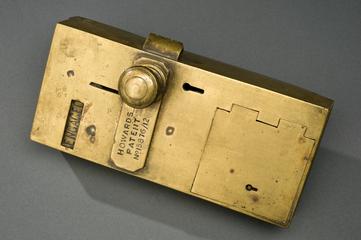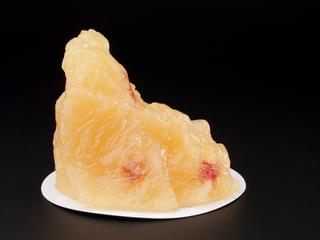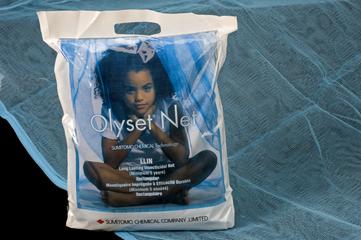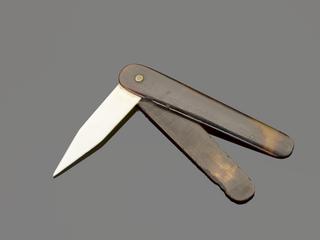
Well plate used for COVID-19 testing
- Made:
- 2019-2021 in unknown place








384 well plate of the type used to process samples for COVID-19 testing, barcode H3N03LC8, of the type used at the Lighthouse Lab at Alderley Park, 2020-2021
A well plate is a standard piece of laboratory kit also known as microplate. It has several holes, used as tiny test tubes for samples. It is a key part of the COVID-19 testing process. Once samples have arrived, they are checked and made safe for laboratory workers to handle. The barcode on each is important as it is matched to a place in the well plate, where the sample is tested. The complete plates are then processed by a sequence of teams and machines, which process the genetic material from the sample and are analysed for presence of the virus.
Alderley Park in Cheshire is one of the UK’s Lighthouse Labs – a high volume COVID-19 testing facility. Over 80,000 samples are tested every day. The lab is open 24 hours, seven days a week, staffed by three teams, each working a shift. The Lighthouse Labs take their name from the Polymerase Chain Reaction (PCR) testing technology which uses fluorescent light to detect the virus.
On 18 March 2020, Medicines Discovery Catapult (MDC) was asked by the UK government to coordinate the creation of the Lighthouse Labs Network and run one of the labs. Based at Alderley Park, MDC found a disused and empty building and with over 1000 volunteers and support from companies and the army, developed a testing facility that processed its first sample on 7 April 2020. Skilled local university students, postgraduates, PhD candidates and scientific and medical researchers, and staff from Medicines Discovery Catapult, AstraZeneca, and Cancer Research UK all gave their time to test samples.
Details
- Category:
- Public Health & Hygiene
- Object Number:
- 2022-118
- Materials:
- plastic (polypropylene)
- Measurements:
-
overall: 128 mm x 85 mm x 10 mm,
- type:
- well plate




